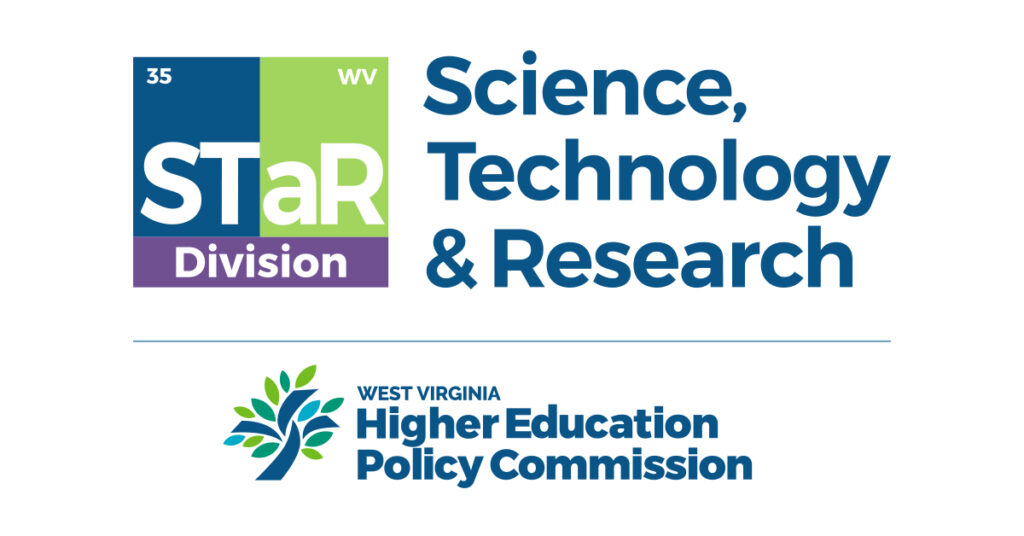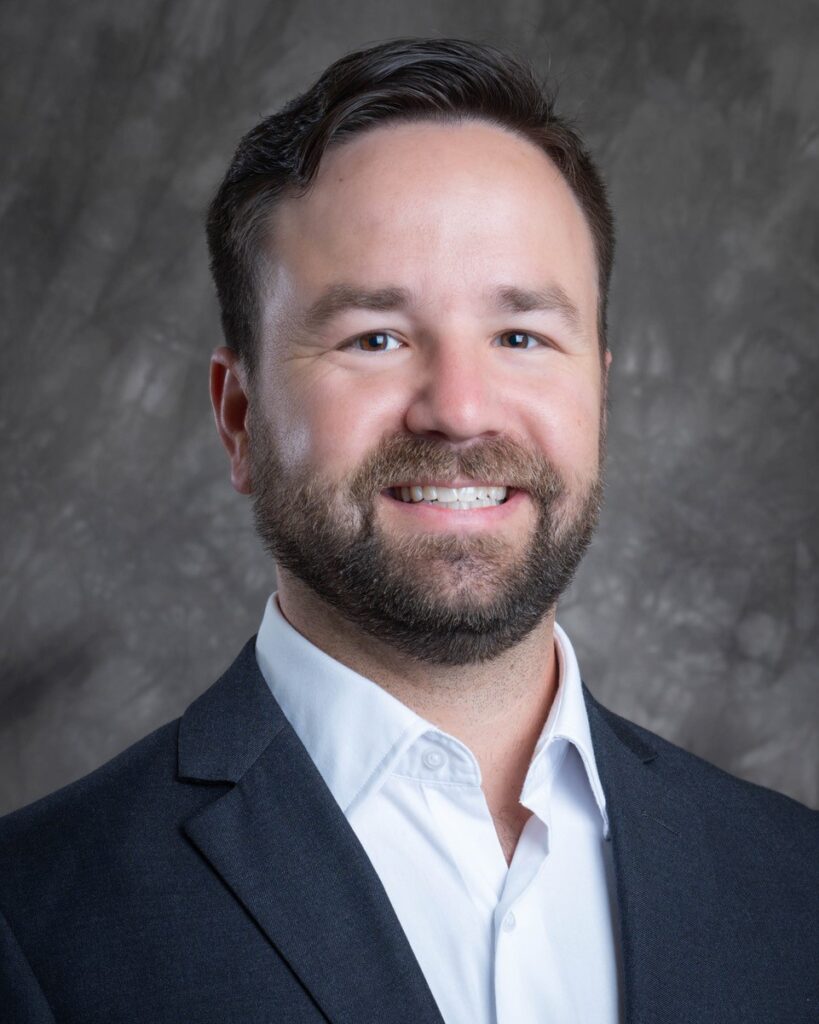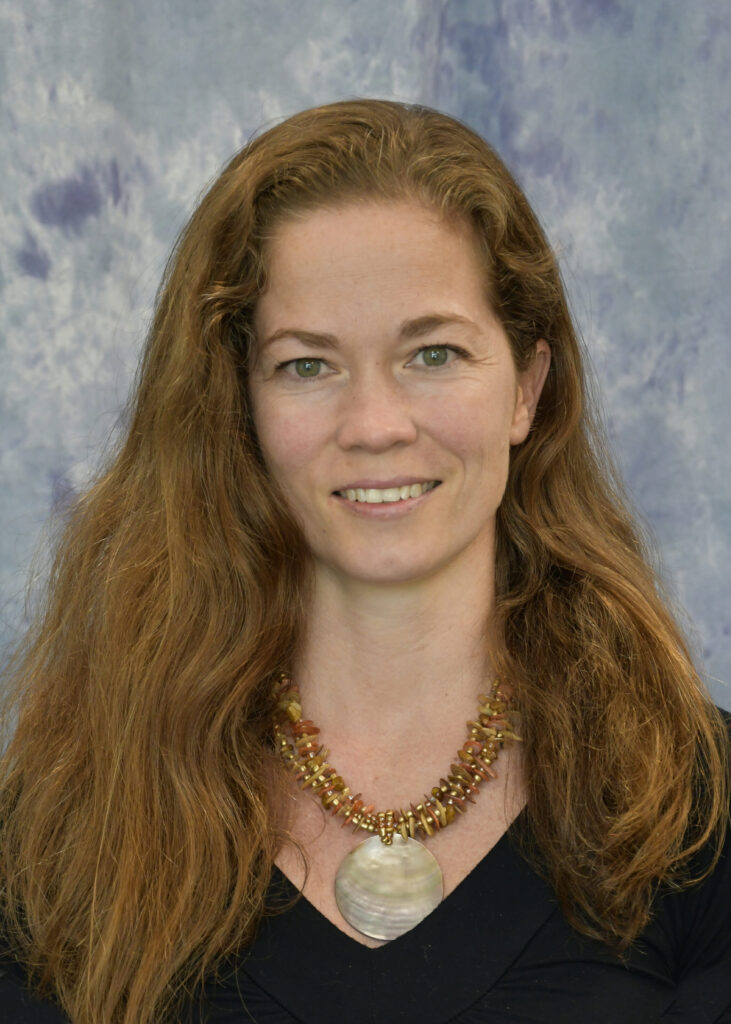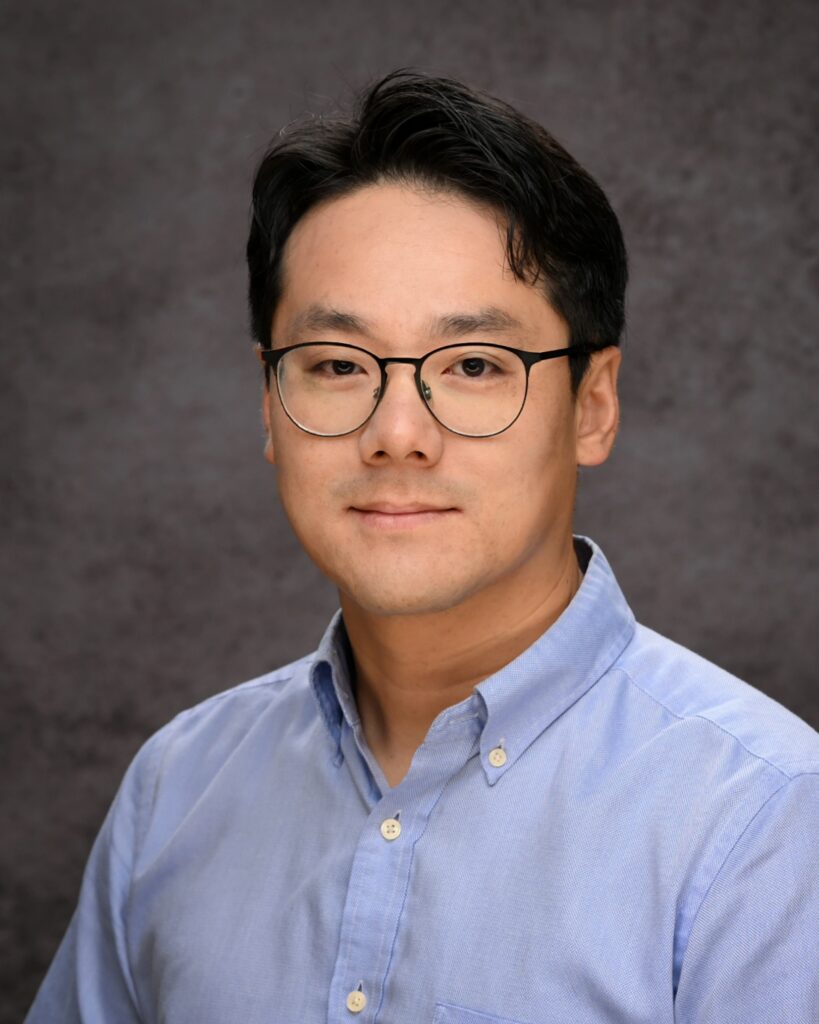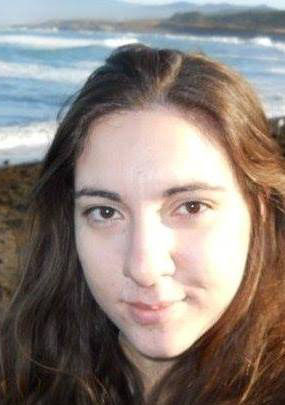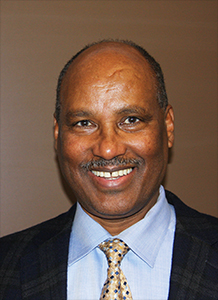Faculty at six West Virginia colleges and universities were awarded approximately $137,000 in state-funded grants to purchase scientific equipment and enhance student opportunities on their campuses.
The Science, Technology & Research (STaR) division of the West Virginia Higher Education Policy Commission (Commission) awarded one Innovation Grant and five Instrumentation Grants to purchase modern instrumentation and enhance study in science, technology, engineering, and mathematics (STEM). Innovation Grants fund scientific equipment, curriculum improvements, minor renovations, and classroom instruction. Instrumentation Grants purchase scientific equipment for advanced undergraduate teaching laboratories and research to encourage students to pursue STEM careers.
“STaR is pleased to be able to fund the purchase of cutting-edge scientific instrumentation for undergraduates at our state institutions of higher education,” said Dr. Juliana Serafin, senior director of STaR. “The availability of these resources to our faculty and students will help graduates acquire the specific skills they need to build the STEM workforce in West Virginia.”
Instrumentation and Innovation Grants are primarily supported by the Research Challenge Fund, established by the West Virginia Legislature in 2004 to build research capacity and competitiveness at the state’s colleges and universities. It is managed by STaR and matching funds are usually provided by the college or university to increase the size of the award.
Innovation Grant Award
Dr. Joseph Allen, distinguished professor of geology and chair of the Department of Physical & Environmental Sciences at Concord University, was awarded $40,000 for X-Ray Diffraction for Teaching and Research. Allen will use the funds for a benchtop powder X-ray Diffractometer, an instrument used in chemistry curriculum from second-semester general chemistry laboratory through upper-level inorganic and instrumental chemistry courses, as well as in the geosciences in an upper-level earth materials and minerals course and for faculty-student undergraduate research in chemistry and geosciences.
Instrumentation Grant Awards
Dr. Derek Dewig, assistant professor of exercise science at Fairmont State University, was awarded $20,000 for Exercise Science: Wireless Electromyography (EMG) System and Nerve Stimulation Unit. This instrument will allow students to see the components of neuromuscular function that ultimately produce skeletal muscle contraction.
Dr. Brooke Comer, assistant professor of environmental science and sustainable agriculture at Shepherd University, was awarded $18,200 for Soil Respiration and Light Radiation. These instruments will be utilized across multiple laboratory-based courses and independent research for students interested in pursuing careers related to ecology, organismal biology, resource management and sustainable agriculture.
Dr. Lee Gwonjin, assistant professor in the Department of Biology at West Virginia State University, was awarded $20,000 for Growth Chamber for Plant Stress Tests. This instrument will be used for plant growth projects in undergraduate biology classes as understanding the factors that influence plant growth is crucial for advancements in agriculture, environmental science and biology.
Dr. Nicole Garrison, assistant professor of biology at West Liberty University, was awarded $18,500 for Electrofishing Backpack and Gel System. This instrument will support the development of interdisciplinary class-based undergraduate research experiences between molecular genetics and organismal biology.
Dr. Tesfaye Belay, biology professor at Bluefield State University, was awarded $20,000 for Fluorescence Microscope. This instrument will include advanced observation cell counting and image cytometer analysis which will enhance students’ machine learning to facilitate proficient utilization of the microscope, promoting skill development in image analysis.
